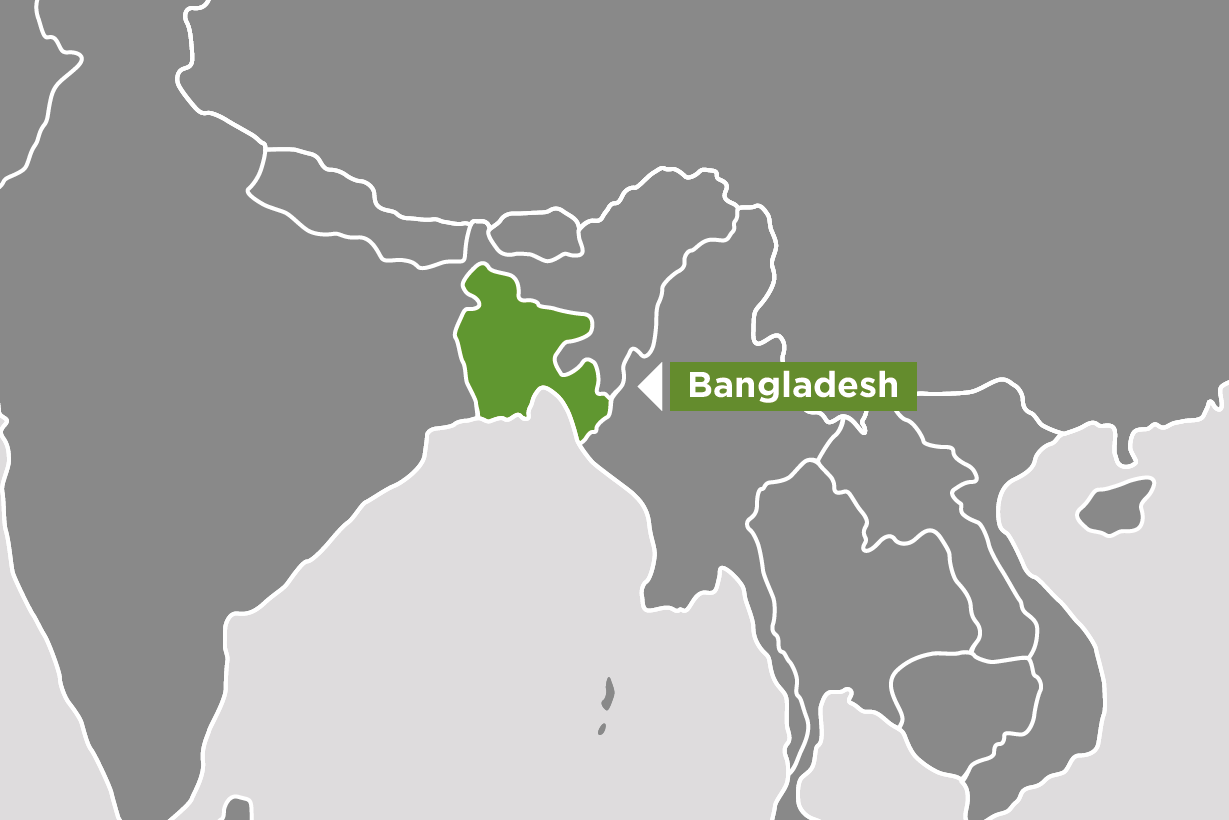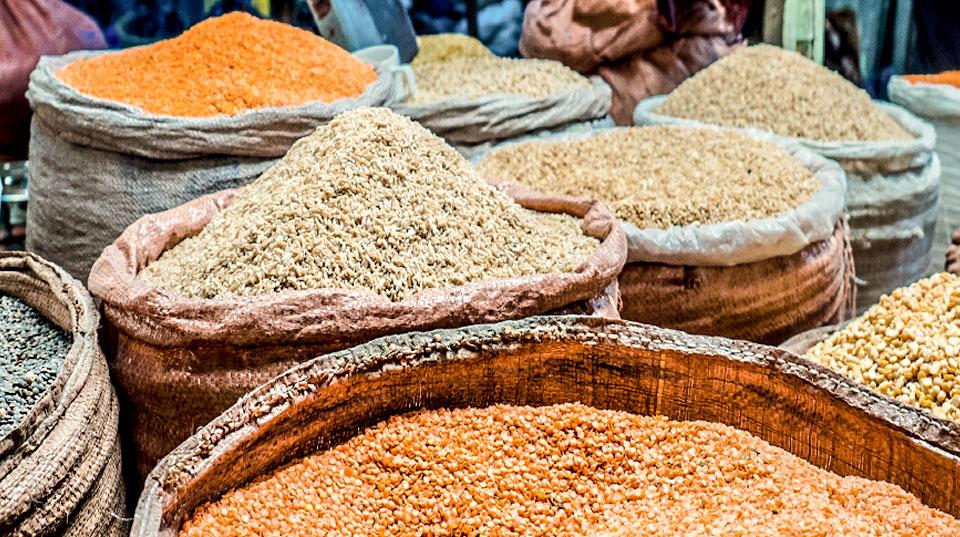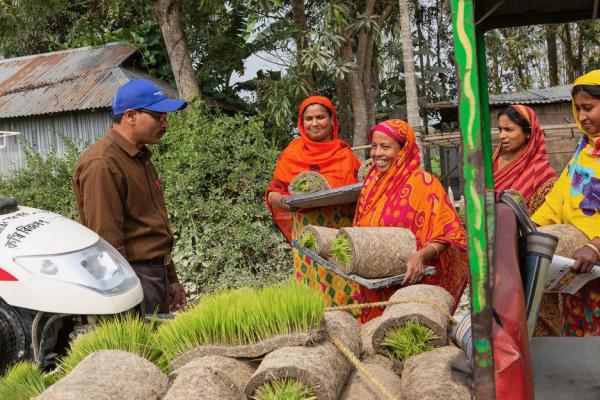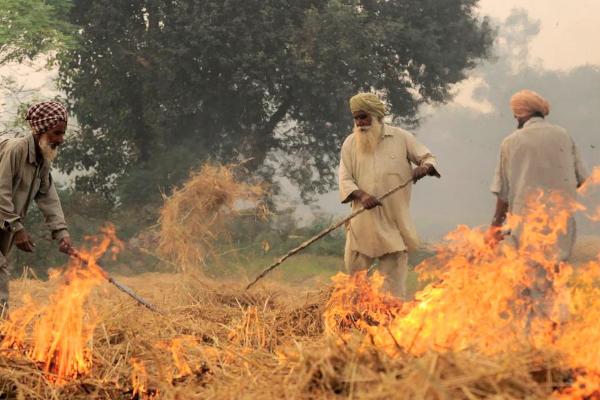Overview
This project aimed to accelerate the adoption of Zero-Till seed drills (including the Happy Seeder) to reduce crop residue burning and boost sustainable food energy water security.
The severe impact arising from the seasonal practice of burning rice stubble by farmers in north-west India results in poor air quality to the detriment of human health, including respiratory complications, increased human fatalities and injuries from road accidents and disruption to road and air transportation. Areas most severely impacted include the agricultural areas of Haryana and Punjab, and the nation’s capital New Delhi.
Stubble burning, combined with the traditional practice of tillage prior to crop establishment has a detrimental impact on soil health and quality. The development of Conservation Agriculture (CA) practices, characterised by the direct sowing of crop into standing (retained) stubble, is termed Zero-Till and provides a real alternative to traditional farming techniques. The Happy Seeder developed specifically for the intensive rice-wheat cropping system of the Indo-Gangetic Plains (with significant project investment by ACIAR) is presented as the single most viable option for direct sowing of wheat crops into standing rice stubble. As State Governments move towards enforcing a ban of the burning of stubble across India, it is likely that there will be an increased motivation by farmers to adopt the Happy Seeder. However, experience to date has indicated that Happy Seeder adoption has been less than optimal, there is a need to identify how farmer adoption can be accelerated.
This project is part of the DFAT/ACIAR-funded Sustainable Development Investment Portfolio (SDIP) program.
Project Outcomes
- Understanding the full range of stakeholder contexts associated with accelerated Zero-Till seed drill adoption in each of the targeted states/regions.
- Improving knowledge and understanding of private sector and farmer constraints to zero-tillage technology adoption, and opportunities for supporting accelerated adoption of Zero-Till seed drills.
- Informing policy makers and private sector to help create a conducive environment for the accelerated adoption of Zero-Till seed drills for CA based sustainable intensification.







